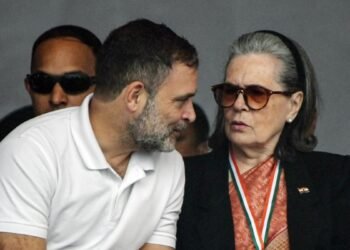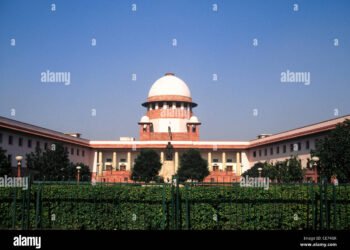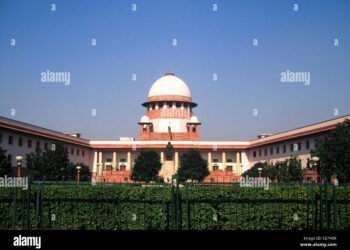Waqf petitions to be heard by a bench headed by Justice Gavai
On Monday, the Supreme Court announced that the petitions disputing the controversial Waqf law will be heard by a bench led by Justice BR Gavai, who is set to become the next Chief Justice of India on May 14. The issue has been scheduled for May 15.
The announcement was made by CJI Sanjiv Khanna, who indicated that the case would necessitate an extended hearing prior to issuing a temporary order. CJI Khanna is set to retire on May 13.
Centre vowed to suspend two elements of the Waqf law
During the previous hearing, the Centre promised the Supreme Court that it would suspend two important elements of the Waqf law after the bench expressed worries.
In the beginning, CJI Khanna emphasized that he intends to avoid reserving any judgment, even at the interim stage.
“We have gone through the counter and rejoinder. Yes, some points have been raised on registration and some figures which are disputed by petitioners. It needs to be dealt with,” CJI Khanna said. Justices PV Sanjay Kumar and KV Viswanathan are also on the bench.
“I do not want to reserve any judgment or order, even in the interim stage. This matter has to be heard on any reasonable day. It will not be before me. We will post it before the bench of Justice (BR) Gavai on Thursday,” CJI Khanna said.
Solicitor General Tushar Mehta, acting on behalf of the Centre, expressed that he would have preferred CJI Khanna to take on the case. “Justice found a swift way to eliminate us,” said Abhishek Singhvi, who represents the petitioners.
What transpired during the previous hearing?
During the previous hearing, the Supreme Court refrained from issuing any interim order after the Centre guaranteed that it would neither denotify waqf properties, including the ‘waqf by user’ provision, nor proceed with appointments to the Central Waqf Council and its boards.
Essentially, this indicates that the nature of Waqf properties cannot be altered at this time.
The ‘waqf by user’ clause permits a property to be regarded as Waqf due to its prolonged use for religious aims, even in the absence of formal records.
Another disputed clause halted by the Centre is the selection of non-Muslim individuals for the Central Waqf Council and state Waqf Boards.
The legislation, approved by Parliament in April, ignited extensive protests nationwide and incited significant violence in Murshidabad, West Bengal, resulting in three deaths. A segment within the Muslim community believed that the government would infringe upon their properties through the law.














